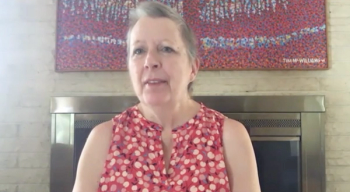
A survivor shares how she chose to approach her mindset during cancer treatments to keep herself from spiraling.

Jamie Cesanek, Assistant Web Editor for CURE®, joined the team in March 2021. She graduated from Indiana University Bloomington, where she studied journalism and minored in sociology and French. In her free time, she enjoys hiking, running, or enjoying time with friends and family. Email her at [email protected].

A survivor shares how she chose to approach her mindset during cancer treatments to keep herself from spiraling.
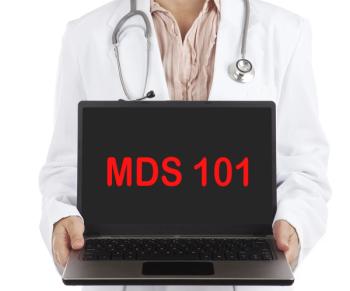
How are myelodysplastic syndromes diagnosed and staged? What causes them? An expert from Moffit Cancer Center offers insight.
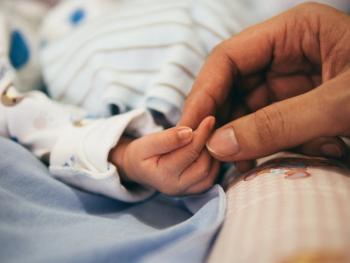
Pregnant women who had cancer previously or currently have cancer were more likely to experience comorbidities and in-hospital complications, depending on cancer type.

A survivor of osteosarcoma who underwent treatment in the 1960s in a segregated hospital ward, shares how he was able to find strength during that time.

From actor Rick Aiello’s death due cancer to the FDA approval of a medication to treat lymphoma in dogs, here’s what’s happening in the cancer landscape this week.

Intravesical therapy for patients with non-muscle invasive bladder cancer was found to have an impact on patients’ social, emotional and physical health.
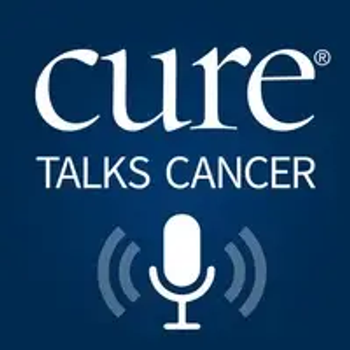
In this episode of the “CURE® Talks Cancer” podcast, a cancer survivor who served in the Vietnam War shares the story of his Agent Orange exposure and bladder cancer.

The Major Histocompatibility Complex Class II protein has potential to predict immunotherapy benefit in two types of breast cancer.
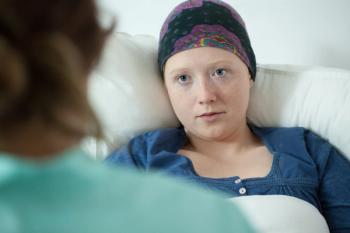
Assigning healthy classmates to accompany patients with cancer in their peer group to hospital visits had a positive impact on the patients’ social and emotional wellbeing.

From a 90-year-old man’s 3,600-mile walk to raise money for children with cancer to the death of KISS and Cinderella keyboardist Gary Corbett, here’s what’s happening in the cancer landscape this week.
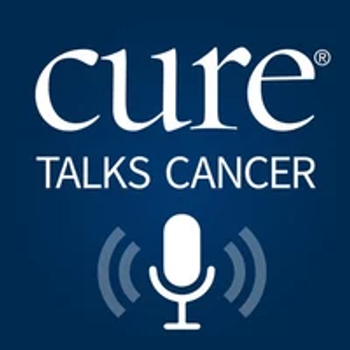
In this episode of the “CURE® Talks Cancer” podcast, Joey Renick opens up about his cancer journey and explains how he went on to bike 100 miles for The Leukemia and Lymphoma Society.

An expert from The Skin Cancer Foundation explained how to read sunscreen labels, sun safety practices, common misconceptions about skin cancer and what cancer survivors should know about their risk.

Researchers will examine innovative strategies to improve rates of colorectal cancer screenings in rural America.

BRCA mutation carriers who used oral contraceptives for a long period of time had a lower risk of developing ovarian cancer, according to new research.

From Ashley Monroe’s blood cancer diagnosis to a CrossFit athlete’s inspiring cancer journey, here’s what’s happening in the cancer landscape this week.

In this episode of the “CURE® Talks Cancer” podcast, a woman explains how she underwent surgery and chemotherapy for cancer just months before competing in American Ninja Warrior.

More than one third of adults and adolescents who were diagnosed with cancer between ages 15 and 39 were hesitant about receiving the COVID-19 vaccine, despite being an at-risk group.

The kidney cancer advocacy organization, KCCure, has been collecting survey data on patient experiences to help bridge the communication gap between providers and patients.

Skin cancer can have detrimental effects on not only a patient’s physical health, but their emotional and mental health as well, according to an expert at the CURE® Educated Patient® Skin Cancer Summit.
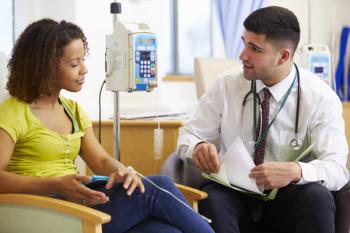
Screening and diagnostic procedures for liver cancer as well as transplant programs and curative/palliative treatments were modified or delayed due to the COVID-19 pandemic, a new survey says.

From the recurrence of congressman Jim Hagedorn’s kidney cancer to a 100-mile bike race for charity, here’s what’s happening in the cancer landscape this week.
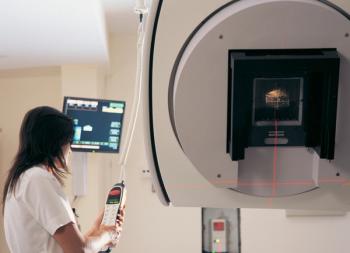
Patients with skin cancer who are treated with radiation therapy as an alternative to surgery tend to experience effective results thanks to advanced technologies, according to an expert at the CURE® Educated Patient® Skin Cancer Summit.

In this episode of the “CURE® Talks Cancer” podcast, a cancer survivor explains how she took a lighthearted and comedic approach to her cancer treatment process and went on to create a coloring book based on the funny thoughts she had.
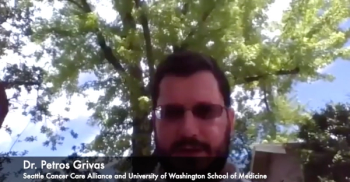
Results demonstrating the efficacy of Bavencio highlight the importance of incorporating recent clinical trial successes into the treatment conversation.

African American women with benign ethnic neutropenia had clinical benefit with Ibrance (palbociclib) in combination with endocrine therapy to treat advanced breast cancer.

There is no need for concern of breast cancer for women using fertility drugs to become pregnant, according to recent research.

From Ina Jaffe’s breast cancer news to a couple moving up their wedding due to a cancer diagnosis, here’s what’s happening in the cancer landscape this week.

After a 13-year follow-up, researchers found an association between aspirin and ibuprofen use and distal adenoma, recurrent adenoma and colorectal cancer.
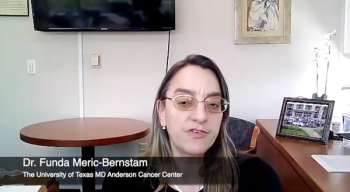
According to an expert from The University of Texas MD Anderson Cancer Center, patient enrollment in clinical trials that involve genomic testing are important in progressing research in their cancer types.
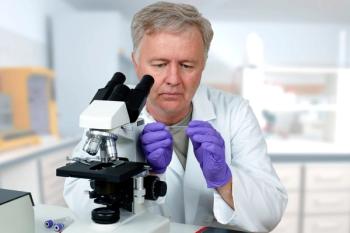
Patients who tested positive for the biomarker circulating tumor DNA (ctDNA) had improved disease-free and overall survival after receiving Tecentriq.